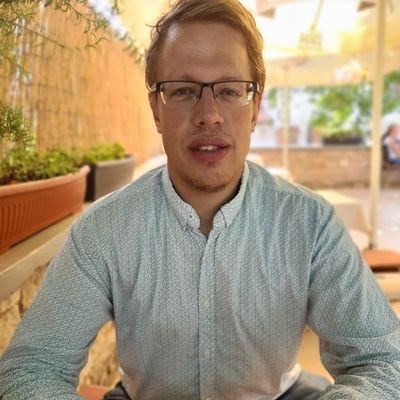On having leverage and using it for pushing open-source software adoption
Photo source: Alina Grubnyak (@alinnnaaaa) | Unsplash
Back in late August and early September, I attended 4th CP2K Tutorial organized by CECAM in Zürich. I had the pleasure of meeting Joost VandeVondele's Nanoscale Simulations group at ETHZ and working with them on improving CP2K. It was both fun and productive; we overhauled the wiki homepage and introduced acronyms page, among other things. During a coffee break, there was a discussion on the JPCL viewpoint that speaks against open-source quantum chemistry software, which I countered in the previous blog post.
But there is a story from the workshop which somehow remained untold, and I wanted to tell it at some point. One of the attendants, Valérie Vaissier, told me how she used proprietary quantum chemistry software during her Ph.D.; if I recall correctly, it was Gaussian. Eventually, she decided to learn CP2K and made the switch. She liked CP2K better than the proprietary software package because it is available free of charge, the reported bugs get fixed quicker, and the group of developers behind it is very enthusiastic about their work and open to outsiders who want to join the development.
She is now a postdoc in Van Voorhis Group at MIT. Interestingly enough, Professor Troy Van Voorhis happens to be one of the scientists behind Q-Chem, a proprietary quantum chemistry software. I am sure most of us in academia, knowing MIT's reputation and having the utmost respect for the achievements of MIT's scientists, don't imagine having an interview for a position at MIT and acting like "I would like to continue using software I choose and this is my condicio sine qua non". I am also sure that we are even less likely to imagine an interview going like this if the software in the question was a direct competitor (in conventional economic terms) to the software your group leader is developing.
Yet, this is precisely how the interview went in Valérie's situation. Furthermore, standing up in this way for more openness in existing academic institutions is how the world of science moves towards open-source software. This is precisely how you get to use your work-time to support the things you believe in.
I am sure there are skeptics. They may say: "Yeah, that might be the right thing to do in the ideal world, but you know, it does not work that way in the real world. Just give up trying, you will never pull it off." Or maybe: "Do you want to risk your career for promotion of your ideals?" I heard the former too many times to count, and the latter on a Marie Curie fellowship workshop. For me, there was no question about it: "Yes, of course." Academia should be about freedom and openness first.
Surely, it can work in practice. There is no either/or relationship here, you really can demand both: excellent science in a highly respected institution and science done using open-source software. There is, however, something you need to be in a position to set the terms: leverage. If you have done your work, you know your stuff, and someone knows what you can do and finds your skills useful, they might be willing to bend on the software choices in your favor. After all, the group leaders want to hire excellent scientists and want them to be motivated.
For me, standing up in this way is open-source scientific software activism at its finest and I hope to see it being done more and more.

